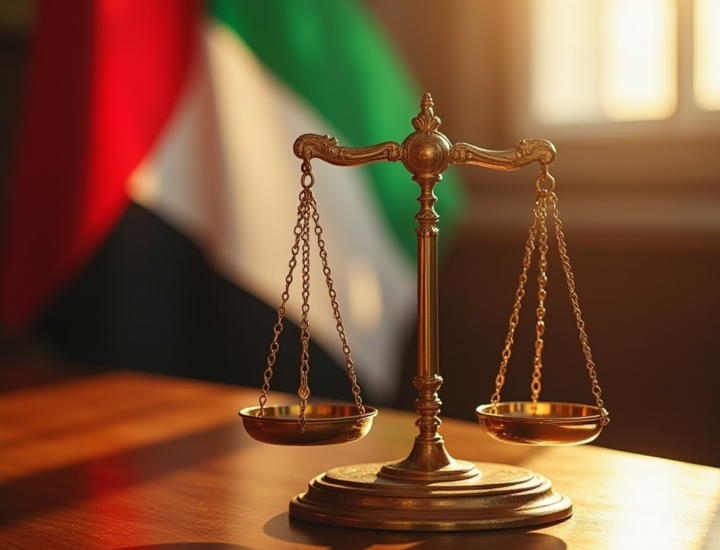
What is the difference between the Federal and Local Judicial Systems in the UAE?
The United Arab Emirates has a unique judicial system that combines both federal and local characteristics, reflecting the country’s distinctive status as a federation of seven emirates. Each emirate retains a certain degree of legal and administrative autonomy without compromising national unity and the principles of justice. This model strikes a delicate balance between centralization and decentralization, and is considered one of the key hallmarks of the UAE’s evolving legal framework.
To understand this balance more deeply, it is important to identify the differences between the federal judiciary and the local judiciary in terms of structure, jurisdiction, and how they cooperate and complement each other.
First: The Federal Judiciary – The Judicial Framework of the State
The federal judiciary serves as the centralized judicial authority of the UAE, comprising federal courts distributed across several emirates. These courts have the authority to hear cases as defined by the Constitution and federal laws.
These courts operate under the supervision of the Federal Judicial Authority, which is overseen by the Federal Supreme Judicial Council — the highest body responsible for regulating the judiciary at the federal level.
The federal court system consists of three tiers:
Courts of First Instance
Courts of Appeal
The Federal Supreme Court, which is the highest judicial authority in the country. It is responsible for adjudicating constitutional disputes, interpreting legal provisions, and hearing cases filed against federal government bodies.
Second: The Local Judiciary – Emirate-Level Autonomy within the Federal Framework
In contrast, certain emirates — such as Dubai, Abu Dhabi, and Ras Al Khaimah — maintain their own independent local judicial systems, which do not report directly to the federal judiciary.
These emirates have established their own courts, which handle all types of cases within their geographic boundaries, including:
Courts of First Instance
Courts of Appeal
Courts of Cassation (the highest local judicial authority)
These courts operate under the supervision of local judicial authorities and follow procedures and laws issued by each emirate, granting them particular flexibility in addressing civil, commercial, and criminal cases that relate to local circumstances.
Third: The Fundamental Difference Between the Two Systems
The main difference between the federal and local judicial systems lies in:
Judicial Jurisdiction: Federal courts handle cases with a federal or inter-emirate dimension, whereas local courts have jurisdiction over cases within the emirate’s territory.
Judicial Administration: The federal judiciary is administered by the Federal Ministry of Justice, while local courts are managed by the judicial departments of each emirate.
This distinction does not imply any conflict but rather reflects an intelligent distribution of powers that ensures both flexibility and unified legal authority.
Fourth: Complementarity, Not Duplication
Despite having two systems, their relationship is based on complementarity, not duplication. Federal law prevails in the event of conflicting provisions, and all courts — whether local or federal — are bound by the Constitution and fundamental principles that guarantee unified justice across the nation.
While local courts focus on serving the needs of individuals and institutions within each emirate, federal courts retain the authority to decide cases of a sovereign nature or those that concern federal public interest.
Conclusion: A Balanced and Effective Judicial Model
The existence of both federal and local judicial systems in the UAE is not a weakness but a strength that embodies a flexible vision of justice, respecting the unique context of each emirate without compromising national unity and the rule of law.
This balance between central authority and local independence is one of the keys to the success of the UAE’s judicial model. It reflects the state’s commitment to delivering fair, efficient, and respectful justice within a coherent legal framework that safeguards rights and freedoms and strengthens public trust in the judicial institutions.
No comments yet, your opinion matters!
Be the first to share your thoughts and kickstart the conversation. We can’t wait to hear what you think!